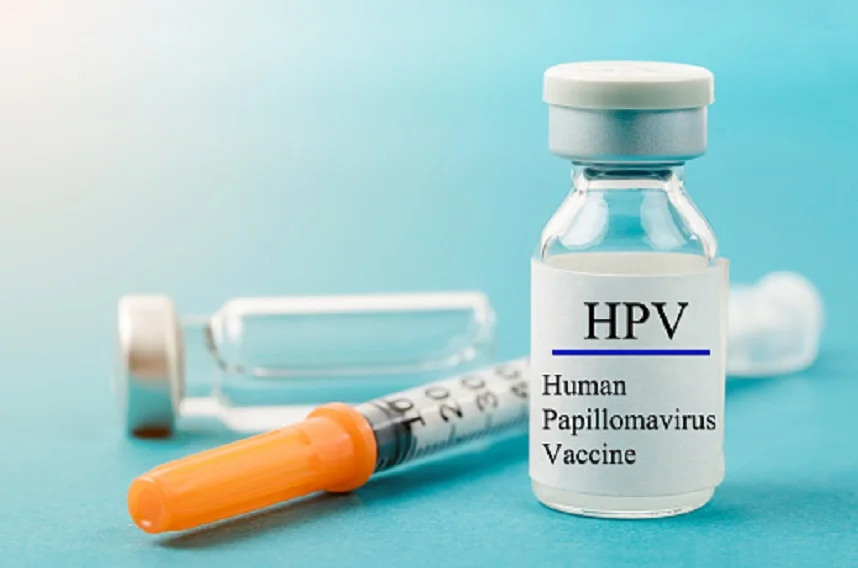Human Papillomavirus (HPV) is a common virus known for causing cervical cancer and other related diseases. To combat the spread of HPV and its associated health risks, vaccinations have become a crucial preventive measure. This blog explores everything you need to know about HPV vaccination, from its benefits and concerns to the latest advancements in the field.
Understanding HPV
HPV is a group of related viruses that can infect various parts of the body. While most HPV infections are harmless and go away on their own, some high-risk types can lead to cancers, including cervical cancer, anal cancer, and oropharyngeal cancer.

Benefits of HPV Vaccination
Cancer Prevention:
The primary benefit of HPV vaccination is its role in preventing certain types of cancers, especially cervical cancer. Vaccination can protect against the most common cancer-causing HPV strains.
Reduced Transmission:
HPV is mainly transmitted through intimate skin-to-skin contact. Vaccination helps reduce the transmission of the virus, creating a barrier to its spread within the community.
Herd Immunity:
By vaccinating a significant portion of the population, we can achieve herd immunity. This protects those who cannot be vaccinated, such as individuals with certain medical conditions.
Prevention of Other Diseases
HPV vaccination also prevents other diseases caused by the virus, including genital warts and cancers of the anus, vagina, and vulva.
Concerns Regarding HPV Vaccination
Safety Concerns:
While HPV vaccines are generally safe, like any vaccine, they can cause side effects. Common side effects include pain at the injection site, fever, and dizziness. Severe reactions are extremely rare.
Vaccine Hesitancy:
Some individuals may hesitate to get vaccinated due to misinformation or concerns about safety. Education campaigns are essential to address these concerns and encourage vaccination.
Age Recommendations:
HPV vaccines are most effective when administered before exposure to the virus. Therefore, they are recommended for pre-teens and teenagers. However, catch-up vaccinations are available for young adults who missed the initial vaccination window.
Effectiveness Against All HPV Types:
While the current vaccines protect against the most common cancer-causing HPV types, they do not cover all strains. Ongoing research aims to develop vaccines with broader coverage.
Latest Advancements in HPV Vaccination
Next-Generation Vaccines:
Ongoing research focuses on developing next-generation HPV vaccines with improved efficacy and coverage against a broader range of HPV types. These vaccines aim to provide even greater protection against HPV-related diseases.
Single-Dose Vaccines:
Researchers are exploring the feasibility of single-dose HPV vaccines. Simplifying the vaccination schedule could enhance global vaccine coverage and accessibility.
Expanded Age Recommendations:
Efforts are underway to expand HPV vaccine recommendations to older age groups, acknowledging the benefits of vaccination beyond the teenage years.
Global Vaccination Initiatives:
International organizations and governments are actively promoting global HPV vaccination initiatives to reduce the burden of HPV-related diseases worldwide. These initiatives focus on increasing awareness, accessibility, and affordability of HPV vaccines.
Conclusion
HPV vaccination is a powerful tool in preventing HPV-related cancers and diseases. The benefits far outweigh the minimal risks associated with vaccination. Addressing concerns, promoting education, and staying informed about the latest advancements in HPV vaccination are crucial steps toward achieving widespread protection against this common and potentially harmful virus. Remember, prevention is the key to a healthier future for individuals and communities alike.
To Get more such updates and crucial information stay in touch with The Digital Today.


[…] Discover the benefits, address concerns, and stay ahead with the latest advancements in this powerful tool for preventive healthcare and know the power of HPV vaccination. […]
[…] by elevated blood sugar levels, requires diligent management to prevent complications and maintain overall health. While medications play a crucial role, lifestyle and daily routines can significantly impact blood […]
[…] tool for identifying abnormal cervical cells before they progress to cancer. Furthermore, the Human Papillomavirus (HPV) vaccination stands as a proactive shield against the most common HPV strains linked to cervical […]
[…] from Siddapur taluk government hospital highlighted that the vaccine, essential for preventing fatal stages of the infection, must be sourced from Mysuru, adding complexity to the […]